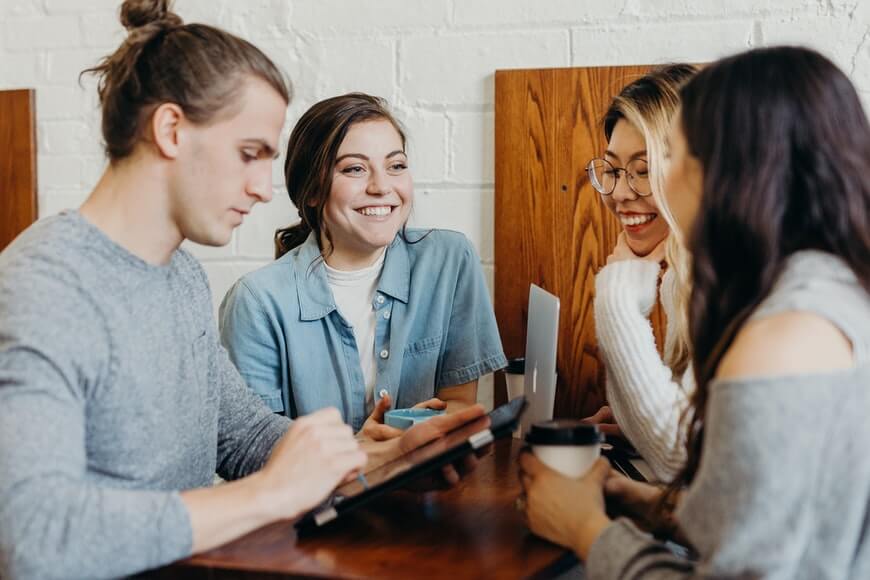Communication skills are essential for everyone. They touch virtually every aspect of our lives from business to social situations and beyond. They have a hand in determining how your relationships and career play out. Communication skills allow you to effectively express your thoughts and feelings while grasping those of other people. That being said, many people struggle in this department. Because of that, quite a few are looking for effective ways to bolster their proficiency. Several measures can foster your communication skills.
Improving Verbal Fluency
For one, improving your verbal fluency will make a significant difference in your communication skills. It’ll help you convey your thoughts and ideas to others while also enabling you to understand what they say to you. Verbal fluency plays a role in both personal and professional communication. Whether you’re speaking in public, working with team members on an important project, or spending time with friends, it’ll help you to converse more effectively.
From studying to expand your vocabulary to using the best nootropics for verbal fluency, you’ll find several options for improving your verbal fluency. Keep in mind, though, that having an extensive vocabulary can sometimes be more of a hindrance than an asset. Be sure to tailor your vocabulary to the people you’re communicating with. Using a range of uncommon and unnecessarily complex words among the wrong audiences can cause others to shut down and shut you out.
Practice Active Listening
Another way to improve your communication skills is to practice active listening. Don’t just hear the words other people are saying; take them in and focus on them. Push away distractions. Maintain eye contact. Show a genuine interest in what others are saying. Do everything in your power to concentrate on their words and understand what they’re saying. That way, you can carry on more meaningful conversations and communicate more clearly with them.
Develop Empathy
Developing empathy is also essential for communicating effectively. Empathy means understanding the emotions and viewpoints of other people and responding appropriately. You need to acknowledge and validate their thoughts and feelings. That helps to build trust and open the door for further exchange. You may not be able to fully share in other people’s frustration, sadness, and other feelings, but empathy can allow you to understand them on some level. Having empathy prevents one-sided conversations, skewed views, and closed-mindedness.

Non-Verbal Communication
Additionally, take care not to overlook the power of non-verbal communication. What you do and how you carry yourself are just as important as what you say. Non-verbal cues are a crucial component of communication. Those include body language, facial expressions, hand gestures, and other factors. Maintaining eye contact is part of the process. It shows that you’re interested in what a person is saying. Mirroring other people’s hand gestures and avoiding folding your arms in front of you can also help to maintain open lines of communication. Those are only a few examples of non-verbal communication.
Communicating Effectively With Others
Communication is crucial in every aspect of our lives from personal to professional. Because of that, improving your communication skills could take you to new heights. Verbal fluency is an essential factor here, and nootropics can help with that. But non-verbal communication is just as powerful, too. Developing empathy and really focusing on active listening is also valuable. If you can communicate effectively with others, it can stop a lot of misunderstandings from happening.








